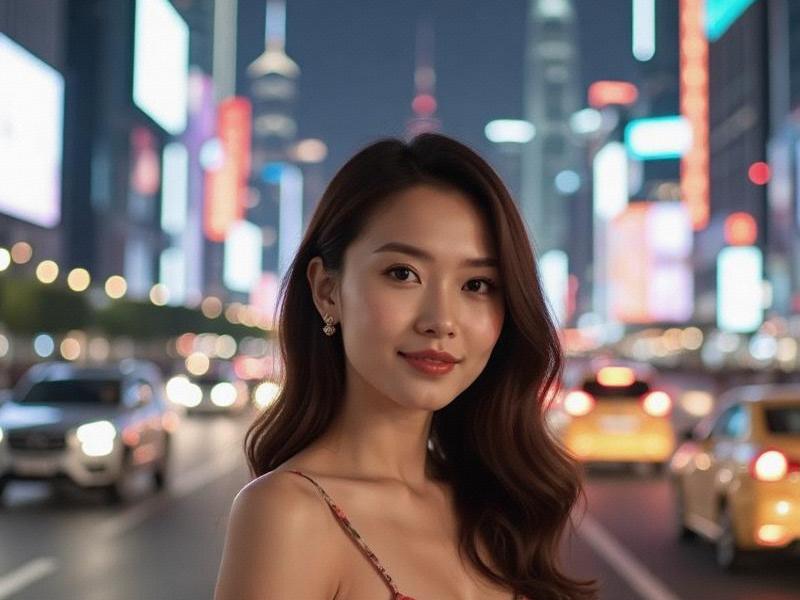The Shanghai Aesthetic: How Urban Women Are Redefining Beauty in China's Global City
⏱ 2025-05-23 00:07 🔖 阿拉爱上海千花网
📢0℃

The neon glow of Nanjing Road's digital billboards reflects off the augmented reality makeup being tested by 28-year-old entrepreneur Lin Yue - a perfect metaphor for how Shanghai's women are refracting global beauty trends through local sensibilities. This is the epicenter of China's $84 billion beauty economy, where traditional aesthetics collide with cutting-edge technology to crteeawhat sociologists call "the Shanghai look."
Current market data reveals fascinating trends:
• 73% of local beauty startups founded by female entrepreneurs
上海私人品茶 • AR makeup trials increased 320% since 2023 in Shanghai stores
• "Hybrid skincare" blending TCM with biotech accounts for 42% of premium sales
上海花千坊龙凤 The cultural dimensions run deeper. At Xuhui's "Silk Road Beauty Lab," Uyghur rosewater recipes get molecular upgrades while Hui minority hair care traditions inspire sustainable packaging solutions. The result is what trendspotter Vivian Wu terms "cosmopolitan nativism" - globally informed yet distinctly Shanghainese aesthetics.
Economic empowerment manifests in unexpected ways. Former finance executive Zhang Wei now runs Shanghai's largest beauty influencer incubator, training rural migrants in digital content creation. Her graduates collectively earn over ¥200 million annually, with many reinvesting in hometown education initiatives. Meanwhile, the "She-Economy" boom has seen 68% of Huangpu District's commercial spaces adapt to female-centric design principles.
上海品茶网
Technological integration reaches startling levels. The newly opened "Smart Mirror" flagship in Lujiazui uses facial recognition to recommend styles based on career trajectory analysis, while AI-powered skin scanners in Jing'an temples provide Buddhist wellness readings alongside dermatological advice. Even the traditional qipao has been reimagined with smart fabrics that adjust to body temperature and air quality.
As sunset paints the Huangpu River gold, the women shaping Shanghai's beauty landscape reveal a profound truth: in this city of perpetual transformation, aesthetics aren't about conforming to standards, but about scripting new visual languages for Chinese femininity in the digital age. The real makeup revolution isn't in the products, but in the platforms, policies and paradigms being built by Shanghai's women themselves.
Shanghai’s Gilded Lounges: Where Art Deco Opulence Meets AI-Curated ExtravaganceThe Great Shanghai Convergence: How the Mega-City Is Reshaping the Yangtze Delta Region"Code and Qipao: How Shanghai's Women Are Rewriting the Rules of Modern Femininity"The Yangtze River Delta Megaregion: Shanghai's Bold Vision for Integrated Urban Future《海派丽人启示录:上海女性审美变迁与都市文化演进》弄堂里的"新主人":上海城市更新中的社区共生与文化新生Shanghai's Nocturnal Revolution: How the City Redefines Luxury Entertainment《从"百乐门"到"数字包厢":解码上海娱乐会所的百年进化史》文章开始Shanghai's Beauty: A Blend of Tradition and ModernityShanghai 2045: The Living Laboratory of Urban Futurism

